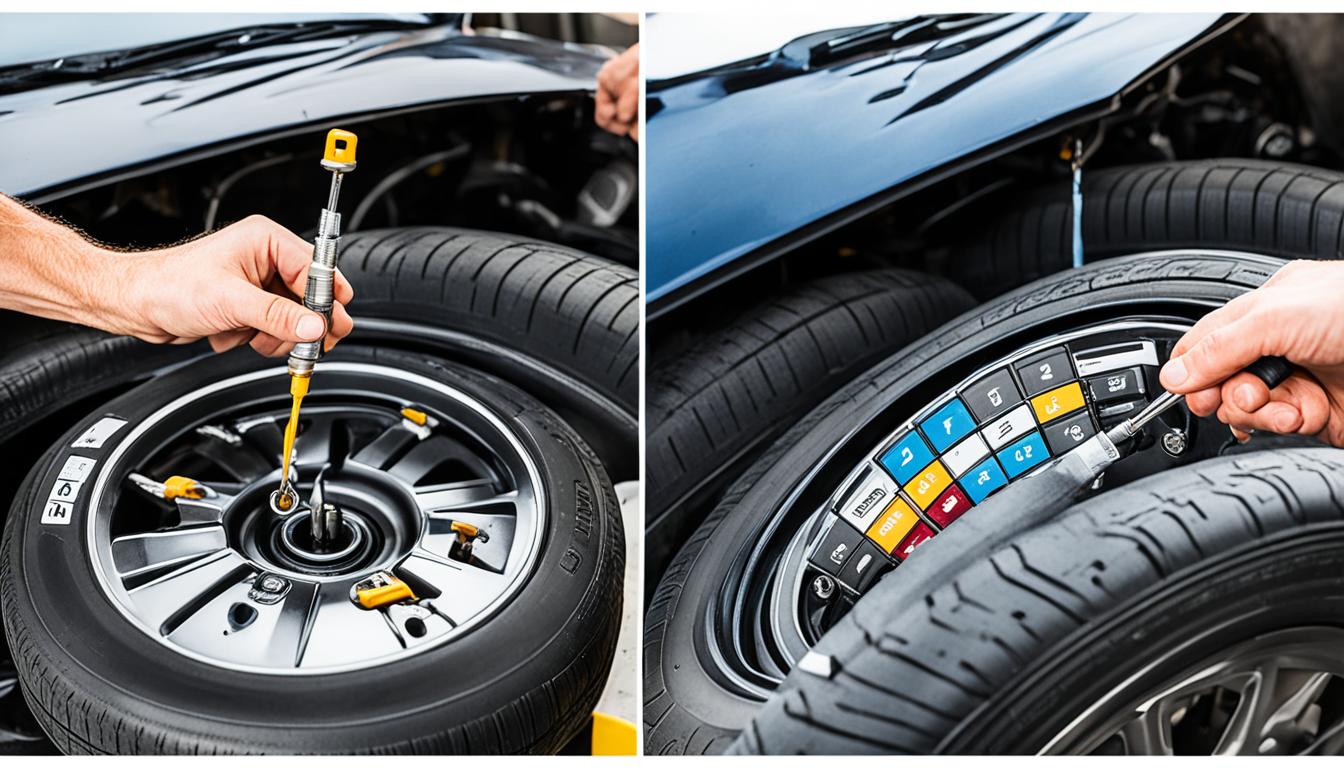All Categories
Featured
Accountable for synchronizing the rotation of the crankshaft and camshaft, the timing belt makes certain the engine's shutoffs open and close at the right times throughout the burning process. If the timing belt falls short, it can result in extreme engine damage.
What Is a Timing Belt? The timing belt is a long, toothed rubber or composite belt that attaches the crankshaft to the camshaft(s) in an internal burning engine. Its job is to keep the engine's valves and pistons in sync, ensuring the engine runs successfully. The timing belt also regulates various other crucial engine functions like the water pump and the power steering pump, depending on the automobile.
![]()
Without the correct timing, the engine's pistons and shutoffs can collide, leading to costly and comprehensive damages. Changing the timing belt on schedule is one of the finest ways to ensure your engine operates at its ideal and avoid costly fixings.
Why Timing Belt Substitute Matters. Stopping Catastrophic Engine Damage: The most substantial danger of not changing a worn timing belt is engine failure. Changing the timing belt at the suggested intervals is the best method to avoid such catastrophic damage, saving you from the stress and high expense of engine fixings or substitute.
![]()
Preserving Engine Effectiveness: A timing belt that's in excellent problem makes certain that all engine parts operate in perfect harmony. If the timing belt is worn or extended, it can create the engine to lose power, experience rough idling, or battle to start. By changing the timing belt frequently, you can keep your engine running at peak effectiveness, which helps keep optimal fuel economic situation and efficiency.
Staying Clear Of Unanticipated Failures: A busted timing belt can cause your engine to quit suddenly, possibly leaving you stranded in the middle of a trip. By changing your timing belt on schedule, you minimize the danger of abrupt failures that can leave you in a inconvenient or harmful circumstance. Regular maintenance reduces the possibilities of experiencing these type of disturbances, helping you remain on the road much longer without fretting about your engine failing.
Cost-Effective Maintenance: Timing belt substitute is a lot more economical than repairing or changing an engine that's been harmed as a result of a timing belt failing. While the price of changing the timing belt may vary depending on your automobile and its place, it is much a lot more economical than the prices connected with significant engine repair services or substitutes. Changing your timing belt at the suggested intervals can save you a significant quantity of cash over the lengthy run by avoiding damage to your engine.
When Should You Replace Your Timing Belt? The timing belt doesn't last forever, and many makers advise replacing it in between 60,000 and 100,000 miles. The specific timing depends on your lorry's make, design, and driving problems, so it's crucial to examine your proprietor's guidebook for certain support.
Indications that your timing belt might need attention consist of uncommon engine sounds (such as a piercing whining or ticking noise), problem starting the engine, or a decrease in engine efficiency. If you observe any of these indicators, it's critical to have the timing belt evaluated by an expert mechanic.
![]()
Verdict. The timing belt is a vital yet tiny part of your engine, and regular replacement is vital to keeping your vehicle's efficiency and stopping costly damage. By staying on top of timing belt upkeep, you'll guarantee your engine operates efficiently, prevent unforeseen break downs, and protect your vehicle from significant fixings. Watch on your vehicle's advised timing belt replacement routine, and always seek advice from with a trusted auto mechanic to keep your engine running smoothly for years to find.
What Is a Timing Belt? The timing belt is a long, toothed rubber or composite belt that attaches the crankshaft to the camshaft(s) in an internal burning engine. Its job is to keep the engine's valves and pistons in sync, ensuring the engine runs successfully. The timing belt also regulates various other crucial engine functions like the water pump and the power steering pump, depending on the automobile.

Without the correct timing, the engine's pistons and shutoffs can collide, leading to costly and comprehensive damages. Changing the timing belt on schedule is one of the finest ways to ensure your engine operates at its ideal and avoid costly fixings.
Why Timing Belt Substitute Matters. Stopping Catastrophic Engine Damage: The most substantial danger of not changing a worn timing belt is engine failure. Changing the timing belt at the suggested intervals is the best method to avoid such catastrophic damage, saving you from the stress and high expense of engine fixings or substitute.

Preserving Engine Effectiveness: A timing belt that's in excellent problem makes certain that all engine parts operate in perfect harmony. If the timing belt is worn or extended, it can create the engine to lose power, experience rough idling, or battle to start. By changing the timing belt frequently, you can keep your engine running at peak effectiveness, which helps keep optimal fuel economic situation and efficiency.
Staying Clear Of Unanticipated Failures: A busted timing belt can cause your engine to quit suddenly, possibly leaving you stranded in the middle of a trip. By changing your timing belt on schedule, you minimize the danger of abrupt failures that can leave you in a inconvenient or harmful circumstance. Regular maintenance reduces the possibilities of experiencing these type of disturbances, helping you remain on the road much longer without fretting about your engine failing.
Cost-Effective Maintenance: Timing belt substitute is a lot more economical than repairing or changing an engine that's been harmed as a result of a timing belt failing. While the price of changing the timing belt may vary depending on your automobile and its place, it is much a lot more economical than the prices connected with significant engine repair services or substitutes. Changing your timing belt at the suggested intervals can save you a significant quantity of cash over the lengthy run by avoiding damage to your engine.
When Should You Replace Your Timing Belt? The timing belt doesn't last forever, and many makers advise replacing it in between 60,000 and 100,000 miles. The specific timing depends on your lorry's make, design, and driving problems, so it's crucial to examine your proprietor's guidebook for certain support.
Indications that your timing belt might need attention consist of uncommon engine sounds (such as a piercing whining or ticking noise), problem starting the engine, or a decrease in engine efficiency. If you observe any of these indicators, it's critical to have the timing belt evaluated by an expert mechanic.

Verdict. The timing belt is a vital yet tiny part of your engine, and regular replacement is vital to keeping your vehicle's efficiency and stopping costly damage. By staying on top of timing belt upkeep, you'll guarantee your engine operates efficiently, prevent unforeseen break downs, and protect your vehicle from significant fixings. Watch on your vehicle's advised timing belt replacement routine, and always seek advice from with a trusted auto mechanic to keep your engine running smoothly for years to find.
Latest Posts
Picking the Right Monitoring Account for Your Requirements
Published Apr 19, 25
1 min read
Auto Repair Services: Professional Vehicle Care & Fixes !
Published Apr 19, 25
2 min read
Audio-Visual Services for Unforgettable Events
Published Apr 19, 25
1 min read